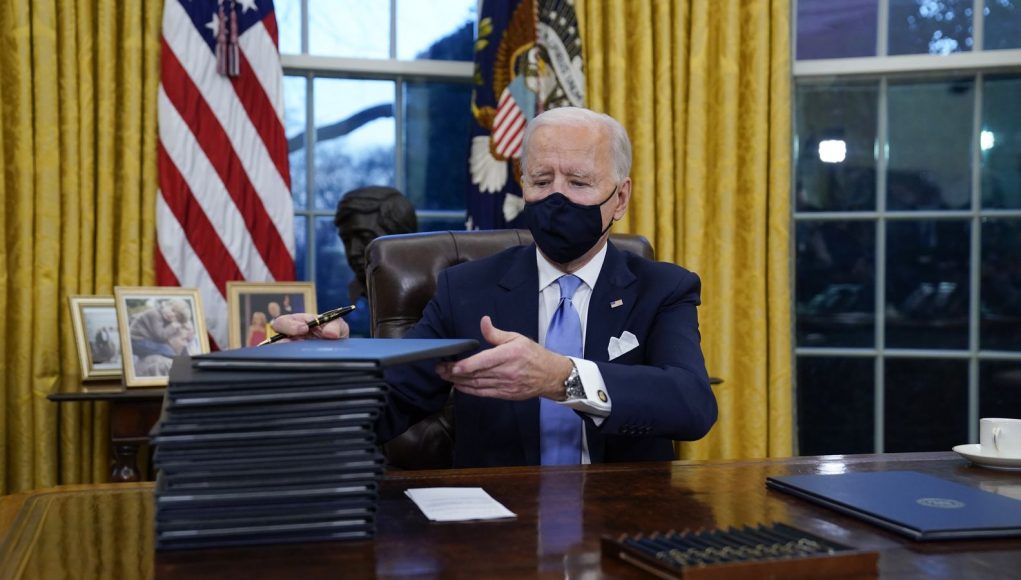
On January 20th Joseph R. Biden Jr. was sworn in as the 46th President of the United States alongside Vice President Kamala Harris, the first woman and person of color to hold the post. As the new administration was ushered in, prospective students around the world with dreams of studying in the United States were hopeful that travel bans restricting their entry to the US may be rescinded, and the Biden team wasted no time. Barely 24 hours after Biden’s inauguration, an executive order was signed, reversing the Trump-administration’s travel ban on 13 countries—most of which were African and Muslim nations.
Contents
Which countries did the lift of the travel ban affect?
The affected countries include: Iran, Libya, North Korea, Somalia, Syria, Venezuela, Yemen Eritrea, Kyrgyzstan, Myanmar (Burma), Nigeria, Sudan, and Tanzania.
Though the repeal of the travel ban will impact all of the aforementioned countries, it is arguably most consequential for Nigeria, whose large and increasingly global population is becoming one of the most represented among US business schools.
What does Travel Ban Removal mean for Nigerian students?
This action directs the US State Department to resume visa processing for these 13 countries, including Nigeria, and develop a plan to address people affected, such as those who were denied entry to the US under the Trump administration.
Simply put, Nigerians formerly affected by the travel bans will no longer be subject to their restrictions. Keep in mind that all Nigerians are still subject to a national security screening and evaluation when applying for a US visa or admission to the United States (as it was in the pre-Trump administration). This could delay visa issuance despite the revocation of the two Trump-era bans.
For more information, explore this page, which provides information for Nigerian nationals seeking a US visa.
Why the Nigerian student population is so unique
Nigerians are among the most successful and highly educated immigrants in the US. Today, 61 percent of Nigerian-Americans over the age of 25 hold a graduate degree, compared to 32 percent for the US-born population, according to the Migration Policy Institute. Among Nigerian-American professionals, 45 percent work in education services and many are professors at top universities. The Homeland Security Department of Labor records that 15 percent of Nigerians in America have PhDs—higher than any other nationality.
Ifeanyi Chinanti, Manager and Education Counselor at Synergy Lifeline Consulting in Nigeria, applauded Biden’s executive order “The recent reversal of the US immigration ban on Nigeria by President Biden, is very auspicious and laudable… the ban, among other factors, led to reduced interest in studying in the US within the period under review. With this reversal, I envision a surge in the number of ambitious and competitive prospective MBA applications from Nigeria to US business schools. Correlatively, this will positively impact our business in terms of productivity from Nigeria in particular, and Africa at large.”
The removal of the travel ban symbolizes the ideological re-opening of the United States and will welcome in some of the world’s leading business talent. Now, Nigerians and other nationalities are free to japa (a Nigerian slang meaning relocate) in the pursuit of higher education.
MBA


















































